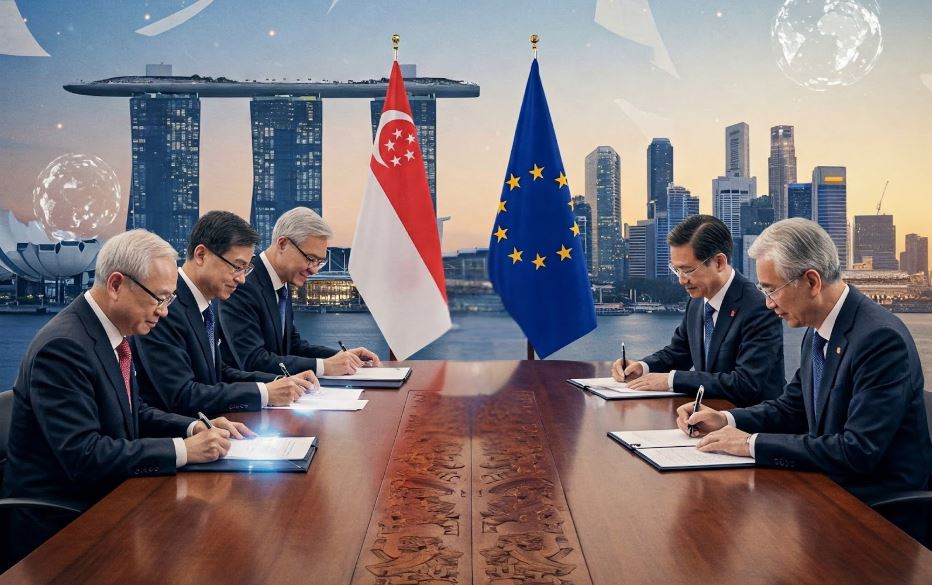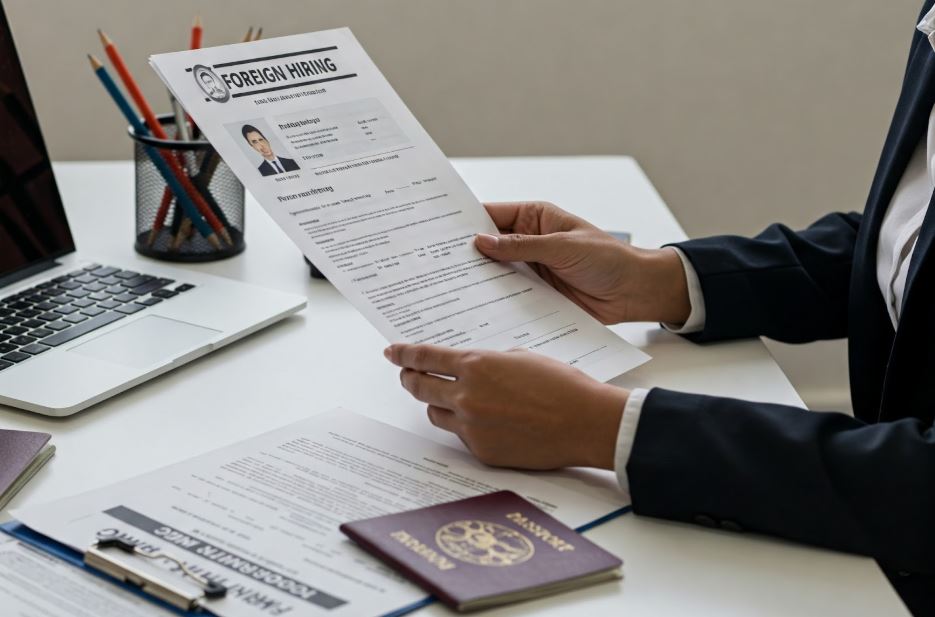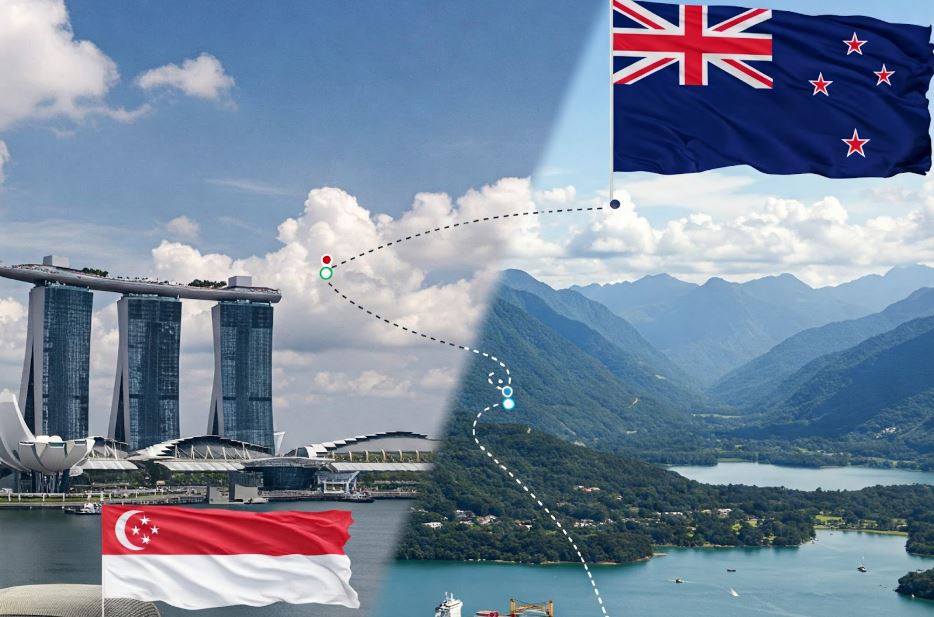Singapore plans to introduce a global minimum tax

The Singapore government is moving ahead with legislation to impose a minimum effective corporate tax rate of 15% on large multinational enterprises (MNEs), aligning the country with international tax rules to curb tax avoidance strategies.
The new Multinational Enterprise (Minimum Tax) Bill, which was introduced in September and debated in Parliament this week, is part of Singapore’s commitment to the Base Erosion and Profit Shifting (BEPS) 2.0 framework. More than 140 countries have signed this global tax agreement to prevent MNEs from shifting profits to lower-tax jurisdictions.
The new measures target MNEs with annual consolidated revenues exceeding €750 million (S$1.1 billion) over two of the last four financial years. These companies will be subject to two key provisions: the Multinational Enterprise Top-up Tax (MTT) and the Domestic Top-up Tax (DTT).
The MTT requires Singapore-based corporations with foreign entities operating in lower-tax countries to pay additional taxes if the tax rate on those entities falls below 15%. The DTT, on the other hand, ensures that the domestic operations of large MNEs in Singapore are also subject to at least a 15% effective tax rate.
These measures are expected to take effect for businesses starting from January 1, 2025. Singapore joins other major economies, including the European Union, Japan and the United Kingdom, in implementing similar tax reforms to adhere to BEPS 2.0.
While the majority of lawmakers support the new tax regime, some have expressed concerns about its potential impact on Singapore’s competitiveness, particularly for smaller businesses that depend on MNEs. To address these challenges, the government is expected to streamline compliance processes to ensure businesses can adapt smoothly without undue administrative burdens.
The debate on the bill will continue before lawmakers cast their final votes.



